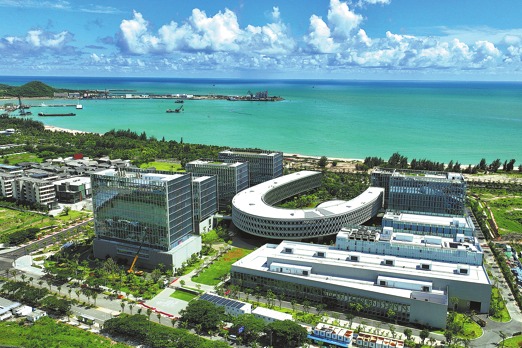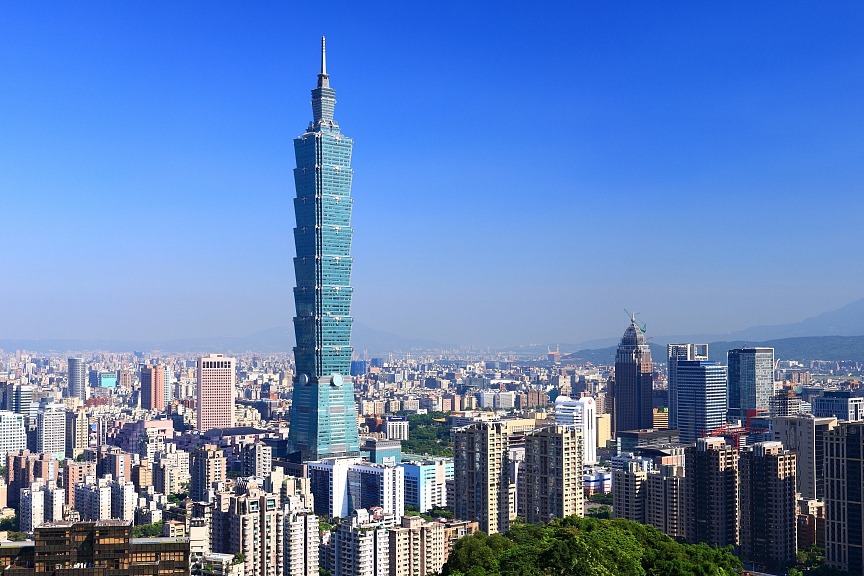Boao leads the charge for globalization


That China remains committed to further opening up its economy, and deepening and widening domestic financial reforms were the central messages of President Xi Jinping's keynote speech at the Boao Forum for Asia on April 10.
The address has created new hope that the recent rise in trade protectionism in some economies will be short-lived-and thus not have a serious impact on global economic growth. It has also underlined the fact that protectionism does not enjoy broad-based global support among world leaders. While countries might have specific constituencies demanding protection, as a global policy, protectionism cannot benefit bigger sections of the global population.
The series of trade protectionist measures taken by the United States in recent days is serious in several respects. To begin with, it undoes the hard work done by the World Trade Organization over the last couple of decades in bringing down tariffs across the world. The multilateral rules-based trade framework has worked well for the world. It has generated new growth opportunities for the developing world, by giving less-developed countries' goods and services access to world markets, developing global supply chains linking low-income countries and enabling the developing countries to attract capital and technology.
The result has been the rise of strong emerging market economies such as China, Brazil, India, Mexico, Turkey and Indonesia. Indeed, Asia's current prominent position in the world economy has much to do with the expansion of the global trading mechanism under the WTO. The rising specter of trade protectionism works against not only this spirit of the WTO but also the global trade body's principle of "most favored nation", or MFN.
By committing to MFN, the WTO member economies commit to allowing each other mutual access to domestic markets unless compelled by specific economic conditions and circumstances. This principle of reciprocal non-discriminatory trade liberalization gets severely affected-and multilateral trade rules face serious challenges-if countries resort to unilateral protectionist moves like the US has-by announcing additional tariffs on steel and aluminum imports, followed by extra tariffs on $50 billion worth of Chinese products, and most recently proposing further tariffs on $100 billion of Chinese imports.
Another major problem with the US tariffs is their so-called justification on national security grounds. Since the establishment of the WTO in 1995, the US tariffs are the first example of a WTO member economy describing imports as "damaging" for the domestic economy and national security. This would give other WTO members the opportunity to use national security as a ground for resorting to protectionist measures.
Besides, if national security becomes the major factor deciding international trade relations, the prospects for global trade will hardly look bright. Tariffs raised on national security grounds further undermine the credibility of the WTO, which offers its members large latitude in tackling economic difficulties arising from large flows of imports, including safeguards against import surges as well as anti-dumping actions. These are in addition to the institutional processes for settling inter-economy disputes. By not resorting to the WTO's "checks and balances" and acting unilaterally, the US has undermined the importance of the WTO-through its protectionist actions-and created problems for the orderly functioning of global trade.
But counter-protectionism is not the answer to tackling protectionism. The best way to address the protectionist actions is to demonstrate the benefits of economic globalization and to stay committed to the process.
In this respect, Xi's address at the Boao Forum underlines the contrast in the views of world leaders on globalization. The US' effort to use protectionist measures to settle trade imbalances means it is moving in a direction opposite to global economic integration.
On the other hand, China's policy decisions to lower tariffs, increase imports and expand foreign ownership in major domestic industries are an effective strategy for backing globalization. In the long run, and as history has shown, this is what is crucial for global welfare.
The author is a senior research fellow and research lead (trade and economic policy) at the Institute of South Asian Studies in the National University of Singapore.


































